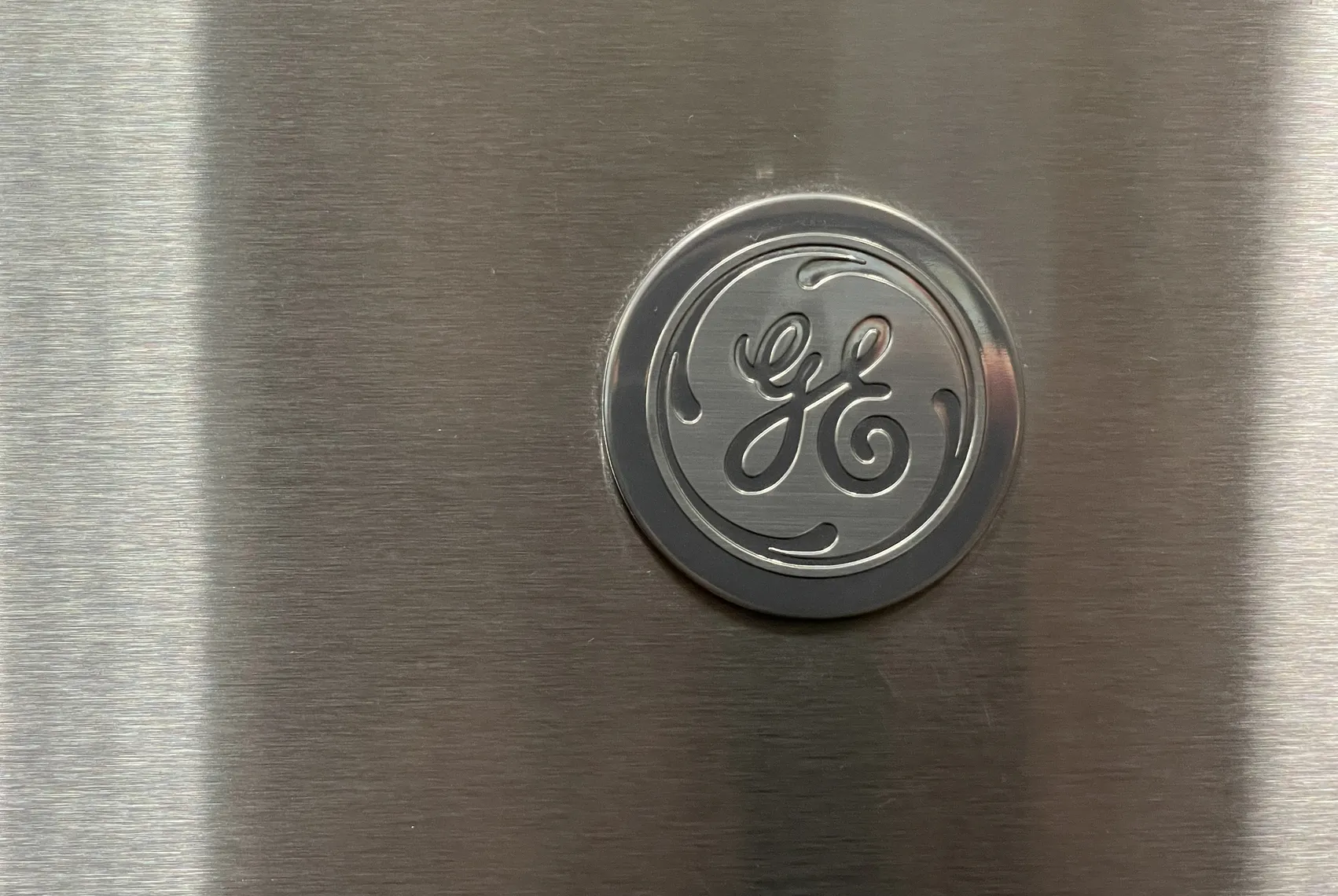General Electric stock split: Will GE conglomerate break-up unlock hidden value?
General Electric’s break-up in 2024 ended its long-standing conglomerate structure. The company separated into three publicly traded businesses — GE Aerospace, GE Vernova and GE HealthCare — each focused on a distinct sector.
General Electric (GE) has now completed its historic break-up, officially marking the end of its century-long conglomerate structure. As of 2 April 2024, GE has been separated into three independent, publicly traded companies – GE Aerospace, GE Vernova, and GE HealthCare – each operating under its own name and stock ticker.
This reorganisation concludes one of the most significant corporate restructurings in modern industrial history.
What has changed?
As of April 2024, the General Electric conglomerate no longer exists. The three new entities now trade independently on major US exchanges:
- GE Aerospace (GE): The aviation-focused business that retains the historic GE ticker.
- GE Vernova (GEV): Focused on energy, power and renewable technologies.
- GE HealthCare (GEHC): A medical technology and diagnostics company.
GE Aerospace, led by CEO H. Lawrence Culp Jr., represents the continuing operations of the former parent company. GE Vernova is led by Scott Strazik, and GE HealthCare by Peter Arduini.
The break-up is complete, with no additional spin-offs announced as of November 2025.
Historical splits
While the recent changes were a corporate separation rather than a traditional stock split, GE still has a long history of stock split activity. The company’s previous stock splits were:
| Date | Split ratio | Type / Notes |
|---|---|---|
| June 1971 | 2-for-1 | Standard stock split |
| June 1983 | 2-for-1 | Standard stock split |
| May 1987 | 2-for-1 | Standard stock split |
| May 1994 | 2-for-1 | Standard stock split |
| May 1997 | 2-for-1 | Standard stock split |
| May 2000 | 3-for-1 | Standard stock split |
| August 2021 | 1-for-8 | Reverse split (final under former GE structure) |
Distribution of shares
GE shareholders received shares in the new companies on a pro-rata basis at the time of each spin-off. In early 2023, GE distributed 80.1% of GE HealthCare shares to its shareholders, retaining 19.9%. The final spin-off – GE Vernova – was completed in April 2024, with shareholders receiving equity in all three independent entities.
All processes are now complete, and there are no pending distributions.
Stock performance and ticker updates
Following the restructuring, GE Aerospace continues to trade under the original ‘GE’ ticker, while GE Vernova and GE HealthCare trade under ‘GEV’ and ‘GEHC’, respectively.
As of 10 November 2025, GE Aerospace shares were trading at $310.61, reflecting the company’s transformation into a focused aviation business.
Market valuations fluctuate, and the combined value of the three companies may differ over time from that of the former conglomerate.
Past performance is not a reliable indicator of future results.
Trading contracts for difference (CFDs) on any of these companies’ shares carries risk. CFDs are traded on margin, and leverage amplifies profits and losses. Consider position sizing, stop-losses and other risk-management tools where appropriate.
Future stock splits
Any future stock splits would now take place within one of the three independent companies – GE Aerospace, GE Vernova or GE HealthCare. As of November 2025, none has announced a new split.
The bottom line
The General Electric conglomerate era has ended, replaced by three independent, sector-focused businesses. Each company now operates under its own management, strategy and capital structure.
While the separation has clarified the businesses’ individual value drivers, outcomes depend on company performance, sector trends and market conditions.
Create an account Open a demo account
FAQ
Did General Electric perform a stock split?
General Electric did not conduct a traditional stock split. Instead, it completed the separation of its operations into three independent, publicly traded companies in April 2024: GE Aerospace, GE Vernova and GE HealthCare.
Shareholders of the former GE conglomerate received shares in each new company on a proportional basis as part of the spin-offs.
What three companies did GE split into?
The GE conglomerate has now fully separated into three standalone businesses:
-
GE Aerospace (GE) – focused on aviation and defence.
-
GE Vernova (GEV) – focused on energy, power and renewables.
-
GE HealthCare (GEHC) – focused on medical technology and diagnostics.
The break-up is complete, with no additional spin-offs announced as of November 2025.
Is GE paying a dividend?
GE Aerospace, which now carries the original GE ticker, continues to issue a quarterly dividend. As of November 2025, the dividend remains at $0.08 per share, in line with its post-break-up policy. Dividend levels for GE Vernova and GE HealthCare are set independently by each company’s board.